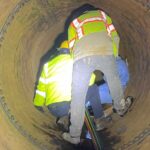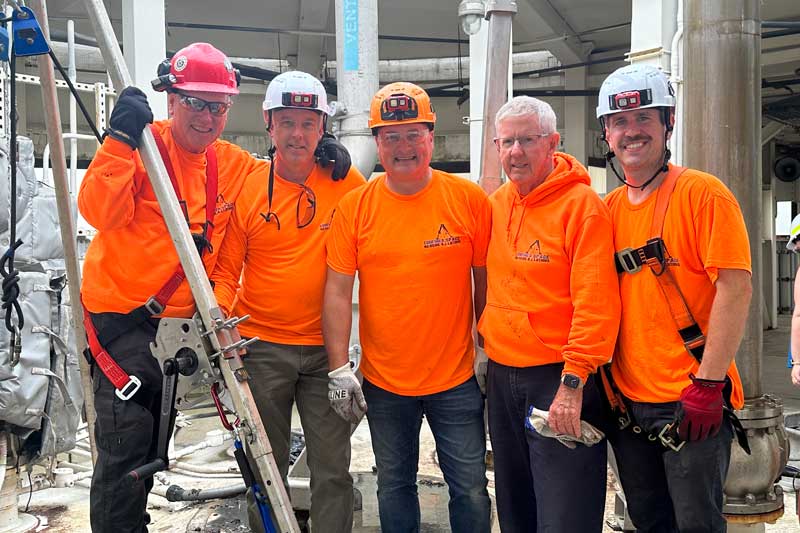Confined spaces present unique challenges and hazards that demand specialized planning, training, and execution. While many organizations focus on compliance with OSHA regulations and preventative safety measures, the role of a standby rescue team is often underestimated. This team is a crucial safety net, ensuring that workers in confined spaces can rely on immediate, professional assistance in case of an emergency. Let’s look into the roles and responsibilities of standby rescue teams and why their presence is non-negotiable, even when no immediate rescue seems likely.
Responsibilities of Standby Rescue Teams
- Monitoring Conditions Continuously
Standby rescue teams continuously monitor the confined space environment for potential hazards such as toxic gases, oxygen deficiencies, or unexpected changes in conditions. Using advanced gas monitors and other equipment, they ensure the safety of workers remains uncompromised throughout the operation. - Pre-Entry Preparation
Before anyone enters the confined space, the standby rescue team reviews the rescue plan and ensures all necessary equipment, such as harnesses, tripods, breathing apparatuses, and retrieval systems, is in place and operational. They also confirm that all permits and documentation are compliant with regulatory standards. - Immediate Response Readiness
Standby rescue teams are trained to respond immediately in case of an emergency, whether it’s a medical situation, hazardous atmosphere, or structural collapse. Their swift action can mean the difference between a successful rescue and a tragic outcome. - Providing Medical Assistance
Many standby rescue teams include personnel trained as Emergency Medical Technicians (EMTs). In confined space incidents, rapid medical response is often required, and having medically trained rescuers on-site can save precious time. At Confined Space Rescue Solutions, our team is comprised exclusively of highly trained active and retired firefighters and EMT’s. - Acting as a Communication Liaison
The standby team serves as a critical communication bridge between the confined space workers, supervisors, and external emergency responders. Clear, concise communication is vital for coordinating rescue operations efficiently.
Roles within the Rescue Team
Authorized Entrants Work Safely in a Confined Space by:
- Following safety procedures
- Making sure the atmosphere is tested, monitored, and well ventilated
- Maintaining contact with co-workers and attendants
- Using personal protective equipment, including harnesses and retrieval lines
- Alerting the attendant immediately to hazardous conditions or exposure symptoms
- Evacuating immediately if danger develops or the attendant signals
Attendants Monitor and Help Assure Entrants’ Safety by:
- Remaining outside an occupied permit space and knowing who’s in it
- Warning unauthorized people to stay away
- Staying in constant contact with authorized entrants
- Ordering entrants to leave the space immediately if they lose contact, show signs of exposure, or face danger from changing conditions
- Alerting needed rescue services and performing permitted non-entry rescues
Entry Supervisors Oversee Safety Operations by:
- Checking that the space has been tested and hazards controlled or eliminated
- Making sure permit-listed communications and safety equipment and rescue services are present
- Signing the permit and allowing entry when all precautions are in place
- Removing unauthorized people from the permit area
- Canceling the permit (an operation) when the job ends or conditions become unsafe
At Confined Space Rescue Solutions, we’re committed to working together to ensure the safety of all involved, all the time. Call us now at 617-689-3098 or visit our website at www.confinedsrs.com to learn more about how we can help you and your project navigate staying compliant and safe.
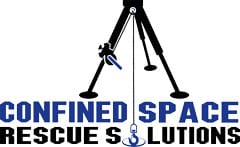
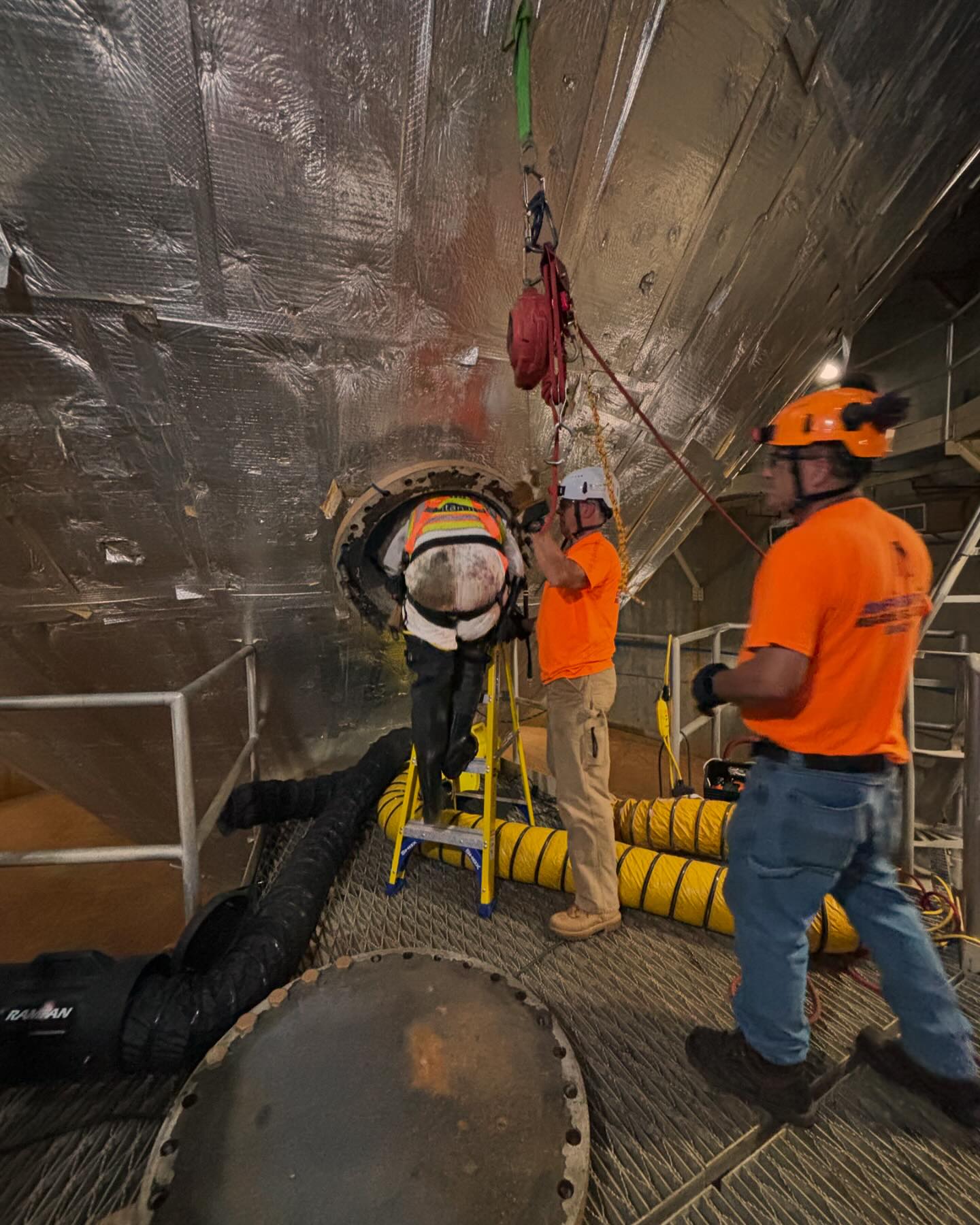
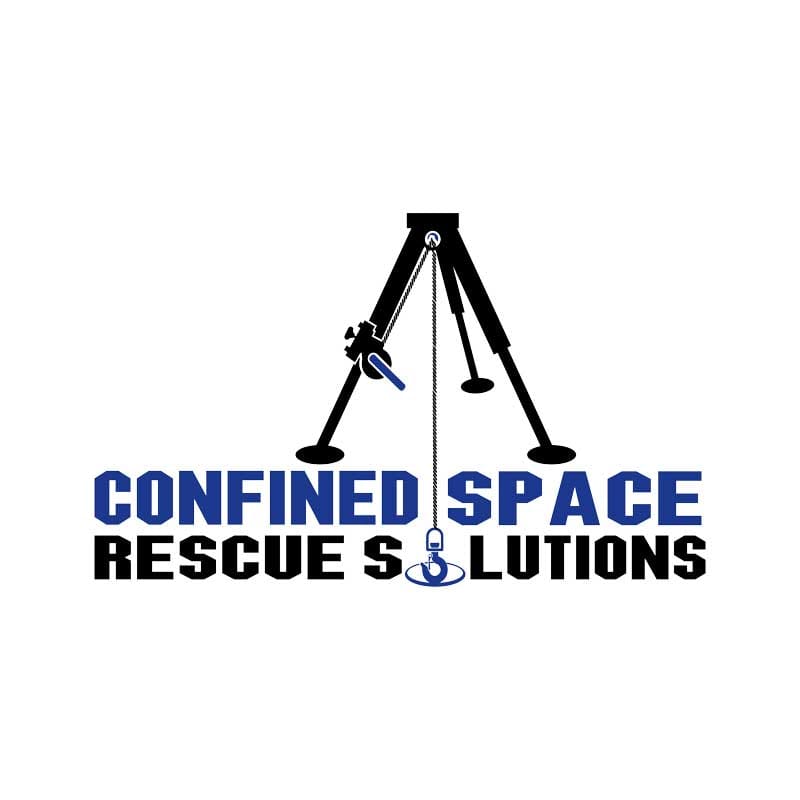 Confined Space Rescue Solutions, based in Quincy, MA, offers expert standby rescue and training services for employers with confined space entry needs. Serving clients across New England, the company specializes in ensuring the safety and compliance of workers in hazardous environments through professional rescue teams and tailored training programs.
Confined Space Rescue Solutions, based in Quincy, MA, offers expert standby rescue and training services for employers with confined space entry needs. Serving clients across New England, the company specializes in ensuring the safety and compliance of workers in hazardous environments through professional rescue teams and tailored training programs.



